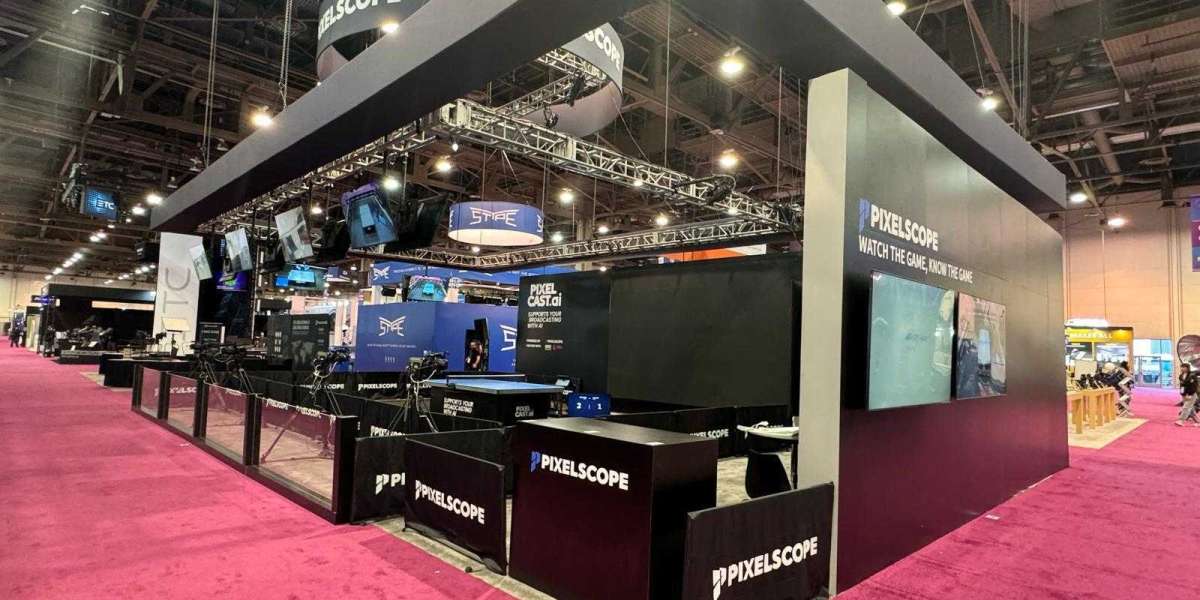Chemical peels have become a popular solution for achieving clearer, smoother, and youthful skin. They help to reduce acne scars, hyperpigmentation, fine lines, and sun damage by exfoliating the outer layers of the skin. However, when it comes to chemical peels, many people wonder whether they should try a DIY peel at home or visit a professional clinic.
If you’re considering chemical peels in Islamabad, it’s crucial to understand the differences between DIY chemical peels and professional treatments. This blog will discuss the pros and cons of both options so you can make an informed decision about your skincare.
What Are DIY Chemical Peels?
DIY (Do-It-Yourself) chemical peels are at-home treatments that use over-the-counter (OTC) chemical exfoliants. These peels typically contain milder acids such as:
- Glycolic Acid (AHA) – Used for exfoliation and brightening.
- Lactic Acid (AHA) – Gentle on the skin and suitable for sensitive skin types.
- Salicylic Acid (BHA) – Helps to treat acne and clogged pores.
- Mandelic Acid (AHA) – Known for its mild exfoliation and ability to reduce pigmentation.
These peels come in different strengths and are usually applied as part of a skincare routine. However, while they offer some benefits, they also come with certain risks.
Pros and Cons of DIY Chemical Peels
Pros of DIY Chemical Peels
Convenience
- DIY peels can be done in the comfort of your home, saving you time and effort.
- There is no need to schedule an appointment with a professional.
Affordability
- Over-the-counter chemical peels are cheaper than professional treatments.
- You can buy peel kits from online stores or pharmacies.
Gentle and Low Risk (if used correctly)
- Most at-home peels are formulated with low acid concentrations to minimize the risk of irritation.
- Ideal for individuals who want mild exfoliation without deep penetration.
Good for Maintenance
- DIY peels can help maintain the results of a professional peel.
- They can be incorporated into a skincare routine for ongoing benefits.
Cons of DIY Chemical Peels
Limited Effectiveness
- At-home peels are less potent than professional treatments.
- They may not show significant results for severe acne scars, deep pigmentation, or wrinkles.
Risk of Incorrect Application
- Without proper knowledge, users may leave the peel on for too long, leading to irritation or burns.
- Some people may apply too many layers, causing unwanted side effects.
May Cause Skin Sensitivity
- DIY peels, if used too frequently, can damage the skin barrier and cause redness, dryness, and peeling.
- They are not suitable for all skin types, especially sensitive skin.
No Expert Supervision
- DIY peels lack professional guidance, which can lead to overuse, incorrect application, or ineffective results.
- People with underlying skin conditions may experience adverse reactions.
What Are Professional Chemical Peels?
Professional chemical peels are performed by dermatologists, skincare specialists, or trained professionals. These peels use higher concentrations of acids, allowing deeper penetration into the skin.
Some commonly used acids in professional chemical peels include:
- Trichloroacetic Acid (TCA) – Used for medium to deep peels to treat wrinkles, scars, and sun damage.
- Phenol Peels – The strongest peels used for deep wrinkles and severe pigmentation.
- Jessner’s Peel – A combination of lactic acid, salicylic acid, and resorcinol, ideal for acne scars and hyperpigmentation.
Professional peels are customized according to skin type, concerns, and goals. They are much more effective than DIY peels, but they also require expert supervision and proper aftercare.
Pros and Cons of Professional Chemical Peels
Pros of Professional Chemical Peels
Higher Effectiveness
- Professional peels provide better results by exfoliating deeper layers of the skin.
- They are effective for acne scars, pigmentation, fine lines, and sun damage.
Customized to Your Skin Needs
- A dermatologist or expert analyzes your skin type and condition before choosing the right peel.
- Treatments are tailored to suit your skincare concerns.
Safe and Supervised Application
- The procedure is performed in a controlled environment, reducing the risk of burns or irritation.
- A specialist ensures the peel is applied correctly and evenly.
Long-Lasting Results
- Unlike DIY peels, professional treatments offer long-term improvements in skin texture and tone.
- They boost collagen production, leading to firmer, younger-looking skin.
Stronger Peels Available
- Professional peels can penetrate deeper into the skin for significant skin rejuvenation.
- Options like TCA and phenol peels can treat severe pigmentation and deep wrinkles.
Cons of Professional Chemical Peels
Higher Cost
- Professional peels are more expensive than DIY treatments.
- Prices vary based on peel type, clinic reputation, and dermatologist expertise.
Downtime and Recovery
- Some professional peels, especially deep peels, require recovery time (redness, peeling, sensitivity).
- You may need a few days to a week for healing.
Requires Multiple Sessions
- Depending on the skin concern, multiple sessions may be required for optimal results.
- Treatments are usually spaced weeks apart.
Possible Side Effects
- If not done by an experienced professional, over-exfoliation, burns, and post-inflammatory hyperpigmentation (PIH) can occur.
Which One Should You Choose: DIY or Professional Peels?
The choice between DIY and professional chemical peels depends on several factors, including your skin type, budget, and skincare goals.
Choose DIY Peels If:
✅ You have mild skin concerns (dullness, uneven tone, minor acne).
✅ You want a budget-friendly way to maintain skin health.
✅ You are experienced with at-home skincare and know how to use acids safely.
Choose Professional Peels If:
✅ You have severe skin issues (acne scars, deep pigmentation, wrinkles).
✅ You want faster and long-lasting results.
✅ You prefer a safe, expert-guided treatment for optimal skin health.
Conclusion
Both DIY and professional chemical peels offer unique benefits, but choosing the right option depends on your skin needs and goals. While DIY peels are convenient and affordable, they may lack the strength to treat deep skin concerns. On the other hand, professional chemical peels offer stronger and longer-lasting results, but they require expert supervision and some downtime.
For safe and effective chemical peels, it’s always best to consult a professional dermatologist. If you’re looking for high-quality skin treatments in Islamabad, SKN Cosmetics Clinic offers expert-guided chemical peels tailored to your skin type. Their specialists ensure safe application and excellent results, helping you achieve radiant and youthful skin.













